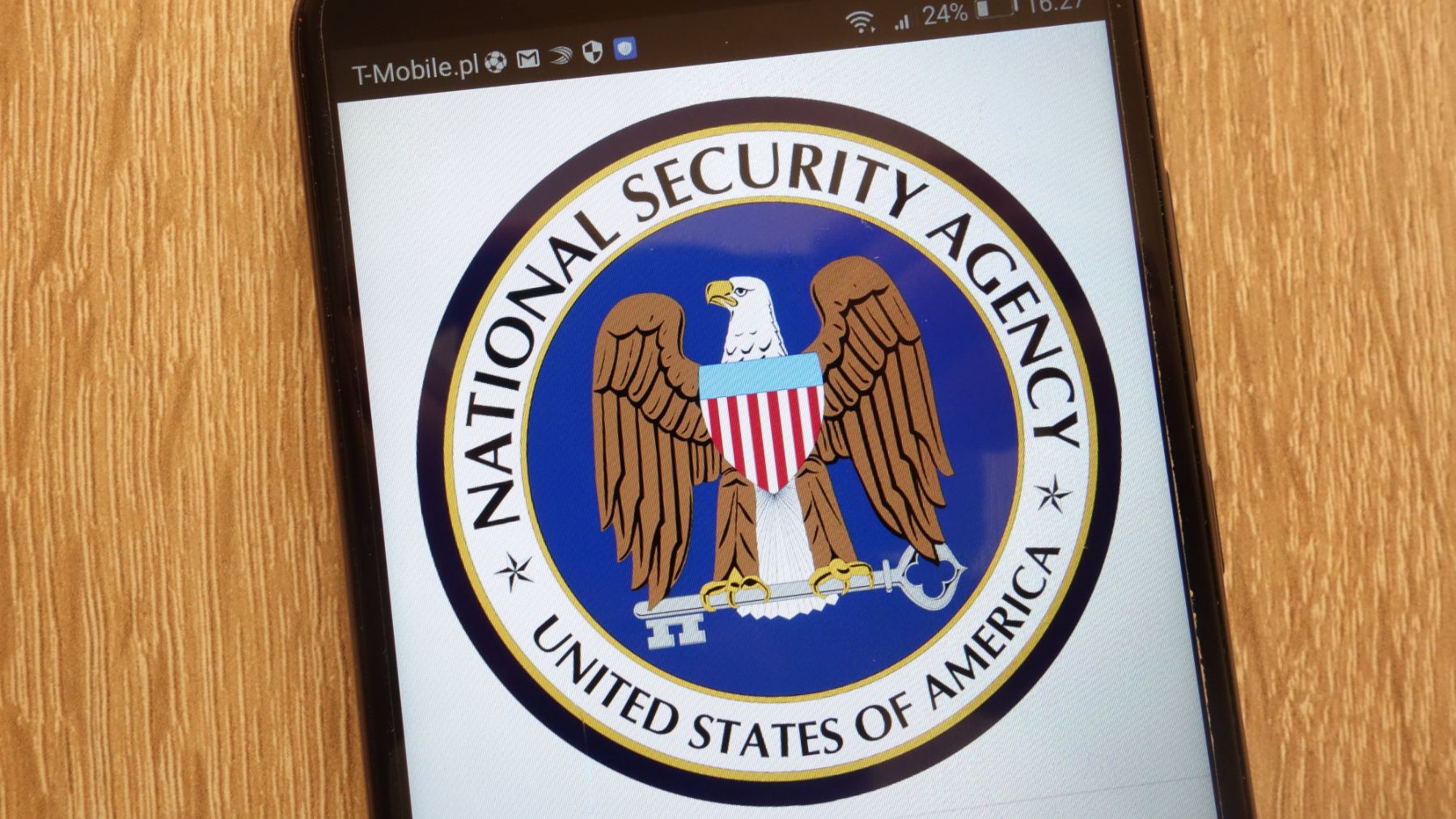Tech
Confirmed by the NSA – you should turn off your phone at least once a week – here’s why

Like many users, you are probably afraid that your phone will turn off completely and not turn on again.
However, the National Security Administration (NSA) recommends this.
Why should I turn off my phone?
The NSA has issued a recommendation statement, the main one of which is to turn off the phone once a week. This is because mobile phones today are compromised and can be affected by many security threats (such as spyware, malware or phishing) and see how your data is compromised, your phone is damaged and your identity could even be stolen.
In the report, which details best practices for our smartphones, the National Security Agency offers several tips to prevent hackers and attackers from getting into your phone.
One of the tips they offer is as simple as regularly turning off your phone when it is not in use.
Spear phishing attackers can infiltrate your phone to install malware (a virus) while exploits (code that takes advantage of a flaw in the system to perform malicious actions) can sneak in without even clicking and infecting your device.
The NSA advises turning off your phone at least once a week to prevent this.
Why is it a good idea to turn off your phone?
This simple practice makes it harder for cybercriminals to access and steal information from your phone, and while it won’t always prevent an attack, it’s helpful in most cases.
What is phishing and what is spear phishing.
Phishing is a type of cyberattack that seeks to trick people into revealing sensitive information or data (such as passwords or credit cards) through emails from fake online services, click-through text messages, or fake websites.
Spear phishing is a more sophisticated version of regular phishing that targets a specific person or group for further attack. Its characteristics include thoroughly investigating the victim (to be able to access them more easily), sending personalized messages that appear to be from reliable sources, and including malicious files or links.
What other advice does the NSA offer?
The NSA warns us to be careful, there are malicious applications, fake Wi-Fi networks and others that could redirect our device traffic and lead it to spyware that can monitor our audio and video conversations on our phone. They can collect call data or messages you send via instant messaging.
How we protect ourselves
The NSA suggests various ways to protect ourselves.
- Update applications and the operating system with the latest security patch.
- Always check that you are in an official store when you make a purchase (only make them from their APP downloaded from the Apple Store or Google Play Store) forget about buying through the browser.
- Avoid clicking on messages that come to you via SMS or email. 4. Avoid connecting to public Wi-Fi networks, and if you have no choice, install a VPN (a patch)
- Disable Bluetooth when you are not using it to prevent any strange device from connecting to your phone while you are not using it.
- Use strong passwords and set a new one for each website. Similarly, use the 6 digits that your phone offers to lock your phone.
- Enable facial scanning or fingerprint reader
- Avoid public charging stations and non-original USB cables.
- Disable location to avoid tracking
- Install iVerify, an app that will scan your phone for malware
The NSA in its report has highlighted that threats to mobile devices are becoming more frequent and increasing in scope and complexity, and that mobile device users want to take full advantage of the features available on their devices, but many of these offer convenience and capacity, but sacrifice security.
Check your phone and make it safe so that no one can harm you.







.jpg)

